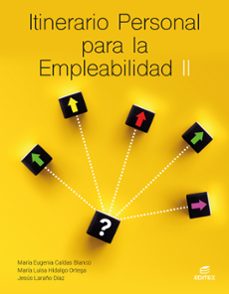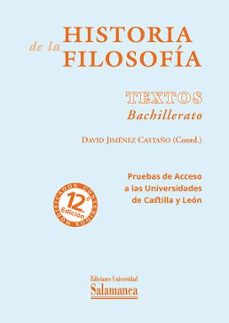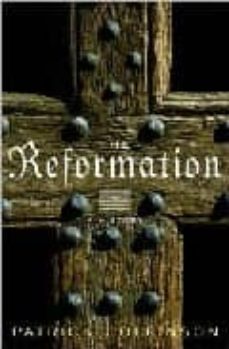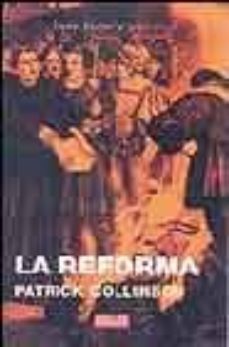Imprescindibles
Ficción
No Ficción
Ciencias y tecnología BiologíaCienciasCiencias naturalesDivulgación científicaInformáticaIngenieríaMatemáticasMedicinaSalud y dietas Filología BiblioteconomíaEstudios filológicosEstudios lingüísticosEstudios literariosHistoria y crítica de la Literatura
Humanidades Autoayuda y espiritualidadCiencias humanasDerechoEconomía y EmpresaPsicología y PedagogíaFilosofíaSociología Historia ArqueologíaBiografíasHistoria de EspañaHistoria UniversalHistoria por países
Infantil
Juvenil
Cómic y manga
Novela gráfica Novela gráfica americanaNovela gráfica europeaNovela gráfica de otros países Personajes, series y sagas Series y sagasStar Wars Superhéroes Cómics DCCómics MarvelCómics otros superhéroesCómics Valiant
eBooks
Literatura ContemporáneaNarrativa fantásticaNovela de ciencia ficciónNovela de terrorNovela históricaNovela negraNovela romántica y erótica Juvenil Más de 13 añosMás de 15 años Infantil eBooks infantiles
Humanidades Autoayuda y espiritualidadCiencias humanasEconomía y EmpresaPsicología y PedagogíaFilosofía Historia Historia de EspañaHistoria Universal Arte CineMúsicaHistoria del arte
Ciencia y tecnología Ciencias naturalesDivulgación científicaMedicinaSalud y dietas Filología Estudios lingüísticosEstudios literariosHistoria y crítica de la Literatura Estilo de vida CocinaGuías de viajeOcio y deportes
PATRICK COLLINSON
Recibe novedades de PATRICK COLLINSON directamente en tu email
Filtros
Del 1 al 3 de 3
PATRICK COLLINSON y NIGEL RAMSAY
OXFORD UNIVERSITY PRESS 9780198200512
Tapa dura
VINTAGE INTERNATIONAL. RANDOM HOUSE 9780679643234
The religious reformations of the sixteenth century were the crucible of modern Western civilization, profoundly reshaping the identity of Europe's emerging nation-states. In The Reformation, one of the preeminent historians of the period, Patrick Collinson, offers a concise yet thorough overview of the drastic ecumenical revolution of the late medieval and Renaissance eras. In looking at the sum effect of such disparate elements as the humanist philosophy of Desiderius Erasmus and the impact on civilization of movable-type printing and "vulgate" scriptures, or in defining the differences between the evangelical (Lutheran) and reformed (Calvinist) churches, Collinson makes clear how the battles for mens' lives were often hatched in the battles for mens' souls.
Ver más
Tapa dura
DEBATE 9788483065822
El siglo XVI asiste al gran movimiento de reforma radical de la Iglesia, en el que calvinistas, luteranos, presbiterianos, hugonotes y la Iglesia de Inglaterra plantearon nuevas visiones del pensamiento y de la accion para la cristiandad alejadas de las formas tradicionales impuestas por la jerarquei de Roma. Gracias al impulso de la imprenta y de las ediciones y traducciones de la Biblia que actuaron como vehiculo y catalizador de la extension del nacionalismo religioso, se produjo un gran movimiento reformista, que llevo a la conocida escision en la Iglesia. Este impulso de reforma general, que agrupo al trabajo de pensadores como Lutero o Calvino, ayudo a la configuracion de Inglaterra y de su Iglesia reformada y provoco incesantes luchas por el poder.
Ver más
Tapa blanda
Del 1 al 3 de 3




























